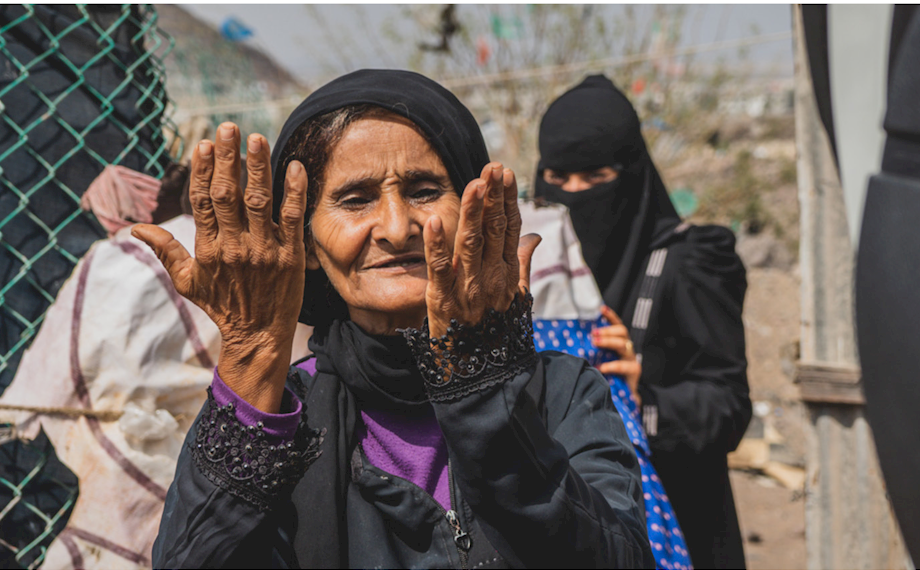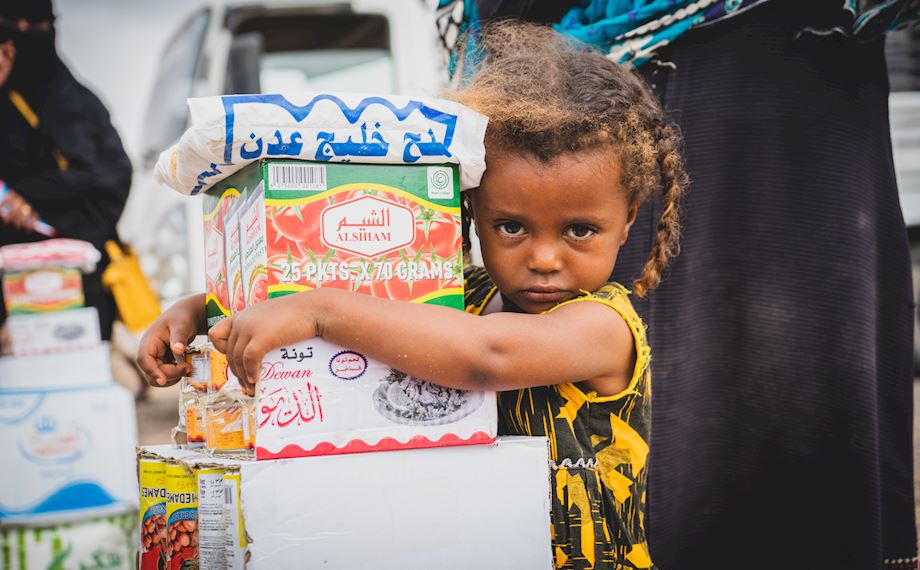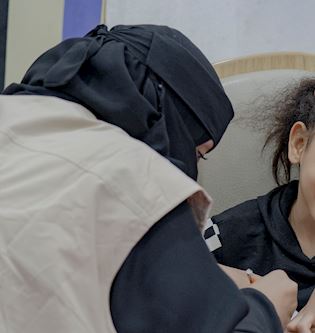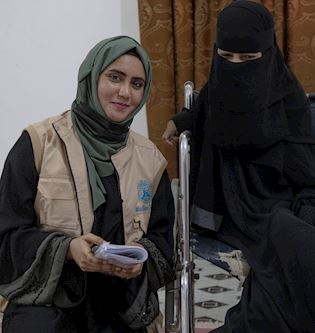Five-Step Guide to Zakat
Zakat is the third pillar of Islam. It reflects the amount of wealth Muslims must pay to the underprivileged if their annual wealth exceeds a specific amount.
Zakat is one of the most important obligations we must fulfill as Muslims, an act of worship for which we are accountable to Allah (SWT). Allah clarifies our duty to pay Zakat in the Holy Qur’an:
'You shall observe the Salah and give the obligatory charity (Zakat), and bow down with those who bow down.' (2:43)
However, many of us can find it overwhelming to understand the complexities around Zakat. That’s why we’ve created this simple five-step guide to help you understand more about this beautiful act of worship.
1. What is my Zakat for?
As an obligatory act of charity, Zakat ensures that the poorest members of society are protected from hunger and financial insecurity. In addition, Zakat is also an important spiritual act that cleanses our hearts against selfishness and greed. Zakat benefits not only those in need, but also those who have shared their wealth for the sake of Allah (SWT). By paying Zakat, we acknowledge that our wealth is not our own, but a blessing that belongs to Allah (swt). And that we are thankful to Allah for all he has given us. Alhamdulillah!
2. Who pays Zakat?
Every person who is sane, Muslim, an adult (has reached puberty), and has reached the minimum level of wealth (nisab) for a period of one lunar year or more is required to pay Zakat.
The nisab - the minimum value of wealth one must possess for Zakat to become payable - is defined as:
- 85g of gold
- 595g silver
You can base your nisab on either the gold or silver amount. This is usually the equivalent value in your local currency. Most scholars favor the lower value as it means more people can pay Zakat and therefore more people can benefit.
As the value of gold and silver changes daily, make sure to check our Zakat page for the latest information.
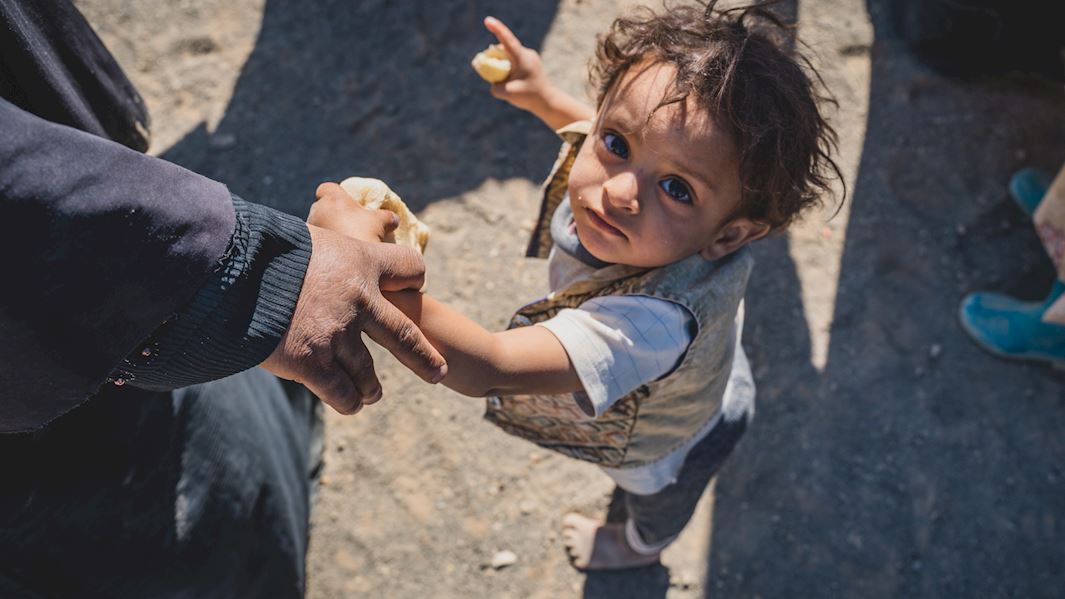
3. How do I calculate my Zakat?
Zakat is paid at a rate of 2.5% on most types of wealth, provided that such wealth has been held for one full year and exceeds the nisab. Your Zakat year begins on the date when your wealth first equals the level of nisab. Your Zakat should then be calculated on that date for each subsequent year. If you cannot remember when you qualified to pay Zakat, then try your best to estimate the date.
Zakat becomes obligatory only once a full year has passed, after which you shouldn’t delay payment unnecessarily. If you wish, you can pay your Zakat in advance and adjust the sum accordingly at the end of your Zakat year when the payment is due, although this is not an obligatory requirement.
Alternatively, many people choose to pay Zakat every year in Ramadan to earn extra rewards. Paying your Zakat in Ramadan also makes it easier to remember to pay each lunar year. Please note, however that you must pay within the subsequent year or your Zakat will be overdue.
In terms of calculating wealth, according to the Hanafi school, Zakat is due on the following:
- Gold and silver including ornaments or jewellery containing gold and/or silver
- Cash held at home or in bank accounts
- Pensions
- Property owned for investment purposes
- Stocks and shares owned directly or through investment funds
- Money lent to others
- Business stock in trade and merchandise
- Agricultural produce
To help you calculate your Zakat, click our online Zakat calculator.
4. Who receives Zakat?
The categories of people/causes entitled to receive Zakat are described in the Qur’an (9:60) as follows:
- The Poor: Those receiving little or no income.
- The Needy: People who are struggling to meet basic needs.
- Administrators of Zakat: Individuals responsible for collecting, storing, guarding, registering and distributing Zakat.
- Those Whose Hearts are to Be Reconciled: Those who are new to Islam.
- Those in Bondage: Freeing those who are enslaved/ held captive.
- Those in Debt: As long as the debts were not incurred through acts against Islamic law
- In the Cause of Allah: Promoting Islamic values.
- The Wayfarer: Anyone who is stranded while travelling or away from home and needs financial assistance as long as they travelled for lawful purposes.
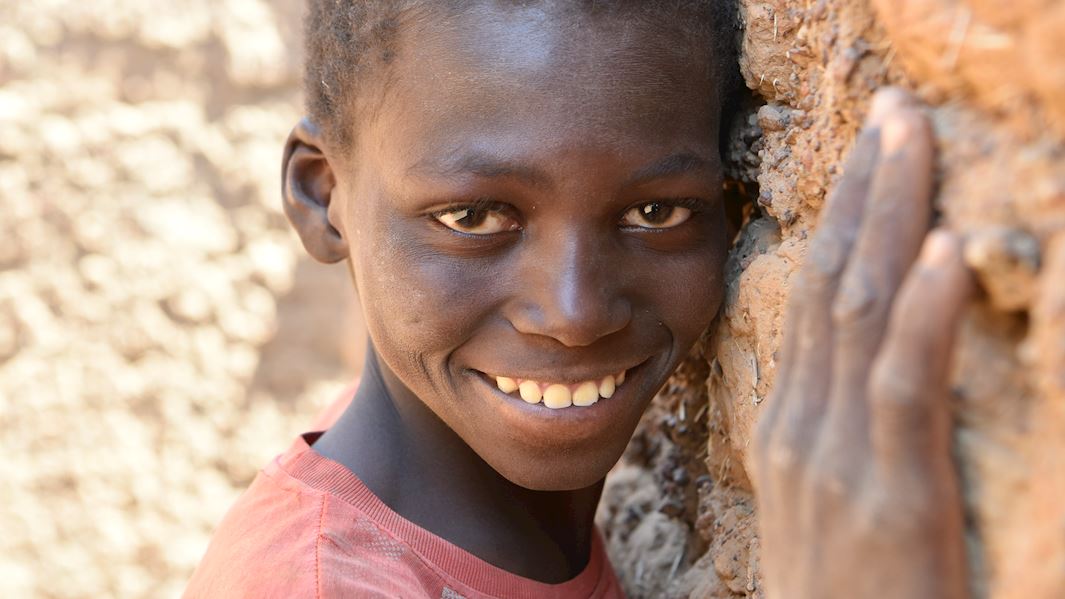
5. What is Zakat al-Fitr (Fitrana)?
Fitrana is not the same as Zakat. Fitrana is an obligatory charity that must be paid before Eid al-Fitr. Fitrana is the equivalent of 1 Sa' (two handfuls) of food, grain, or dried fruit for every member of the family and is compulsory for every individual in your household, regardless of wealth. Self-dependent adults are required to pay on behalf of their dependents such as children or the elderly.
We hope you have a greater understanding about Zakat and are ready to fulfill this important Islamic requirement.
If you are still unsure about your Zakat requirements, give us a call, we’ll be happy to discuss.
Ramadan Mubarak!





